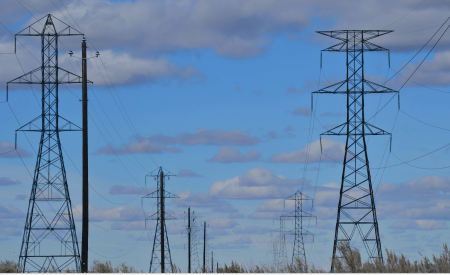We enable you to make better decisions about your energy operations.
The Power Market Welcomes Standardization!
At Energy21 we are working hard this year on the enhancement of our energy settlement functionalities. Our clients are important players in the Dutch energy market who all need to be ready for the market wide Go Live of ‘Allocation 2.0 Tranche 3’ in January 2025. The first milestones are the qualification and market tests in the coming weeks.
But why does the Dutch energy sector actually need Tranche 3? And how do these functionalities help our clients? We believe the changes introduced in this third tranche of Allocation 2.0 are important for the following reasons:
- Improved Efficiency and Transparency: The introduction of standardized processes, such as the Meter Correction Report (MCR) and uniform settlement methods, ensures better handling of metering errors and volume discrepancies. This reduces administrative burdens and the risk of errors, leading to more efficient operations for Balance Responsible Parties (BRPs), grid operators, energy suppliers and other stakeholders.
- Reduction of Financial Risks: Revising pricing structures for electricity settlements and introducing resolutions at the Imbalance Settlement Period (ISP) level, reduces price risks for market participants. This ensures fairer settlements and prevents companies from being exposed to unnecessary financial uncertainties, thereby strengthening their competitive position.
- Enhanced Balance Maintenance: The new incentive structures, encourage market participants to more accurately predict and nominate energy volumes. This is essential for maintaining grid balance, ultimately contributing to a stable and reliable energy supply in the Netherlands.
- More stable Energy Prices: Reduced financial risks and enhanced predictability are important ingredients for less volatile and therefore more stable energy prices across the board.
- Alignment with European Regulations: By aligning processes with the European Regulation (EU) 2017/2195, the Dutch energy sector complies with European standards for electricity balancing. This facilitates integration into the European energy market and strengthens the Netherlands’ position as a reliable and leading player in European energy supply.
- Reduction of Unnecessary Complexity: The new processes reduce complexity in settlements between market roles, such as between suppliers and Balance Responsible Parties (BRPs). By eliminating redundant steps and automating settlements, companies can shift their focus to core tasks and strategic growth.
- Future-Proofing: By anticipating future developments, such as the transition to Collective Smart Meter Allocation (cSMA), the sector prepares for further digitalization and data-driven operations. This makes the Dutch energy network more robust and better prepared for future challenges, such as the growth of renewable energy sources.
In essence, these changes contribute to a more robust, fair, and efficient energy sector in the Netherlands. Not only individual organizations will benefit from this, but also the entire market and, ultimately, the consumer.
At Energy21, we service the largest BRPs and energy suppliers in The Netherlands, guiding them through the energy transition. If you struggle with market changes like Tranche 3, or want to focus your IT resources less on compliancy and more on your competitive edge - contact us to discover how we can help you.


 Close
Close 
.jpg?resolution=450x275&quality=95)

